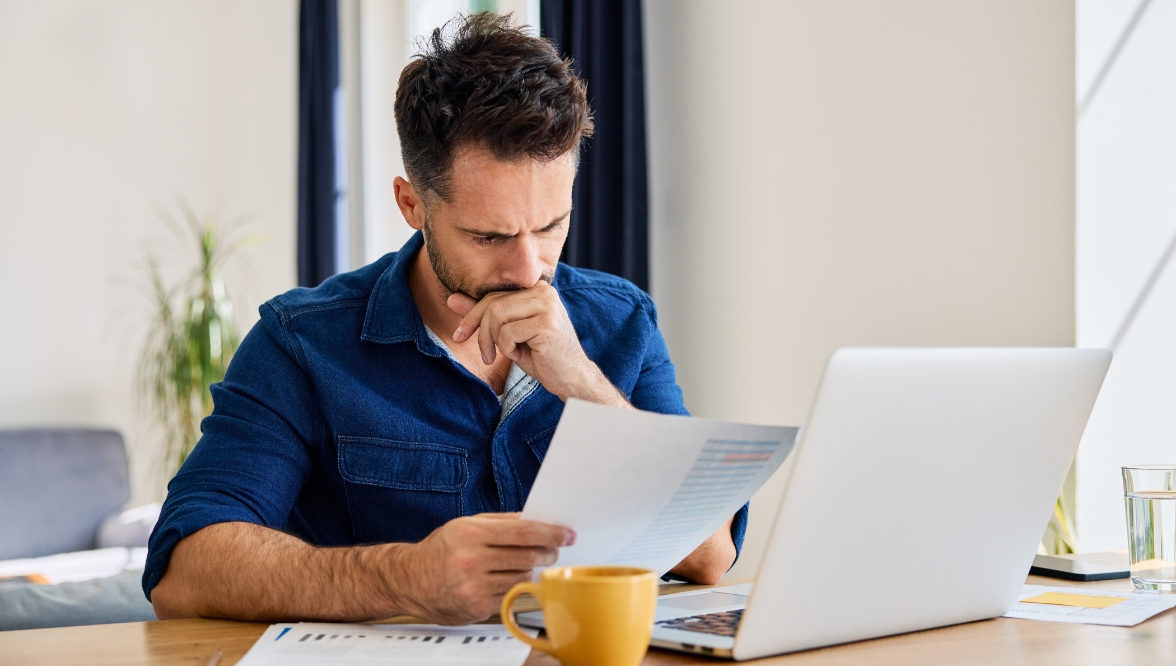Business Content
How to Rebuild Your Financial Health After Divorce

Divorce can be an emotionally draining experience. Beyond legal complexities, determining child custody arrangements (if applicable), and managing emotional challenges, divorce often brings significant financial hurdles. From splitting assets to adjusting income and establishing a new household, these changes can feel overwhelming. The good news? With careful planning and some proactive steps, you can rebuild your financial foundation and create a brighter, more secure future even after a big life disruption like divorce. Here are some tips.
Assess Your Current Financial Situation
After a divorce, the first thing you should do is get a clear picture of the present state of your finances. You’ll want to assess your income, expenses, assets, and debts. Your assets include any bank accounts, investments, retirement accounts, or real estate in your name, and your debts include credit card balances, loans you’re paying, and your mortgage. When calculating your income, factor in any alimony or child support you may receive, which should be detailed in legal documents like your divorce settlement and court orders. Creating a list of your monthly expenses will give you a good idea of your typical monthly spending.
Build an Emergency Fund
Creating a financial cushion for unexpected expenses is essential after divorce. Aim to save three to six months’ worth of living expenses. Even setting up a monthly automatic transfer of a small amount can eventually grow into a significant safety net. Remember – only tap into this account for true emergencies.
Manage Debt Strategically
You are responsible for any debt in your name, including any joint loans or credit cards you had with your former spouse. In these cases, investigate options for transferring debt into individual names, or you may need to negotiate how you will divide the debt responsibility. Try to pay down high-interest debts first, like credit cards or payday loans, and continue to make minimum payments to your others. It will likely take time, but sticking to a steady repayment – and avoiding taking on new debts if you can – will help you become more financially healthy and independent.
Consider Downsizing or Relocating
What’s your living arrangement? If feasible, downsizing to a smaller home or relocating to an area with a lower cost of living could save you a lot of money. Renting may provide financial relief while you rebuild stability; it doesn’t have to be permanent. Money saved on a less expensive mortgage or lower rent can go toward all of your financial goals as well as leave you a little extra to enjoy at your leisure.
Avoid Impulse Purchases
Shopping can make you feel better – but that relief is often temporary. When you are stressed, you’re more likely to make impulse purchases, and while they may seem like a good idea at first, too many could threaten your long-term financial health. Try to stick to the budget you created and prioritize essential expenses like your mortgage or rent, utilities, groceries, healthcare, car maintenance, and your kids’ needs. You can use a simple spreadsheet or an app to track your spending, which may help you avoid unnecessary purchases or see if you’re spending too much in one area. If you want to make a significant purchase, think it over and weigh how it will affect your financial progress and goals.
Seek Professional Financial Guidance
Consulting a certified financial planner or financial advisor who specializes in post-divorce money matters can help you assess your current finances and plan for the future. These professionals can guide you in finding the right investment and savings opportunities, planning for retirement, and creating a strategy for financial stability. You can do a lot on your own to rebuild your finances after divorce, but an expert can offer insights you may not otherwise consider.
Remember That Steady Progress Is Key
Divorce is not easy, and rebuilding your finances can be complex. Remember, every step you take toward better financial health is important, and with the right support, you can build a more secure future. You deserve the peace of mind that comes with financial stability and independence, and each small victory will motivate you to keep going.
Want to learn more about establishing a healthier financial future after divorce? Reach out today.